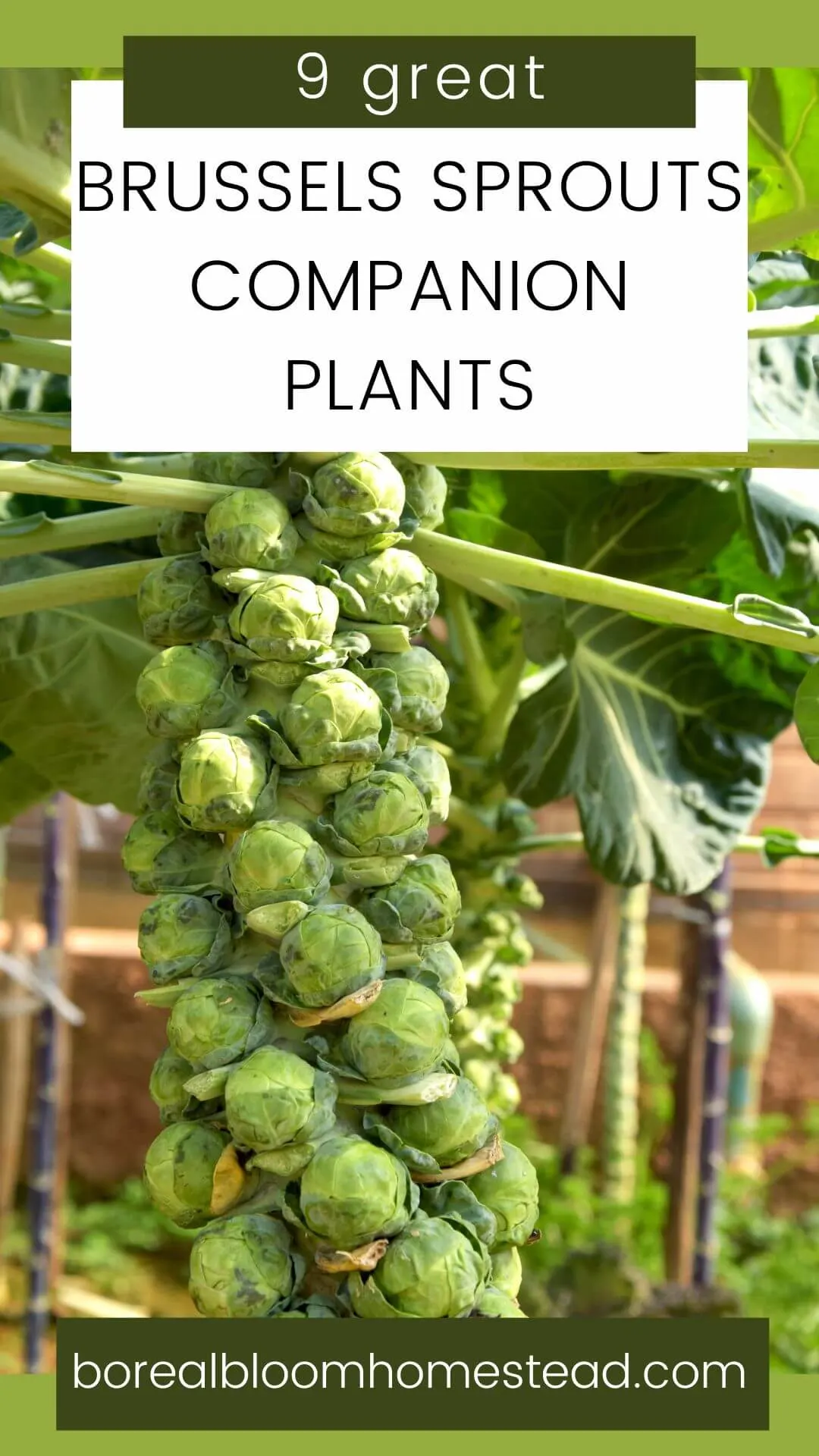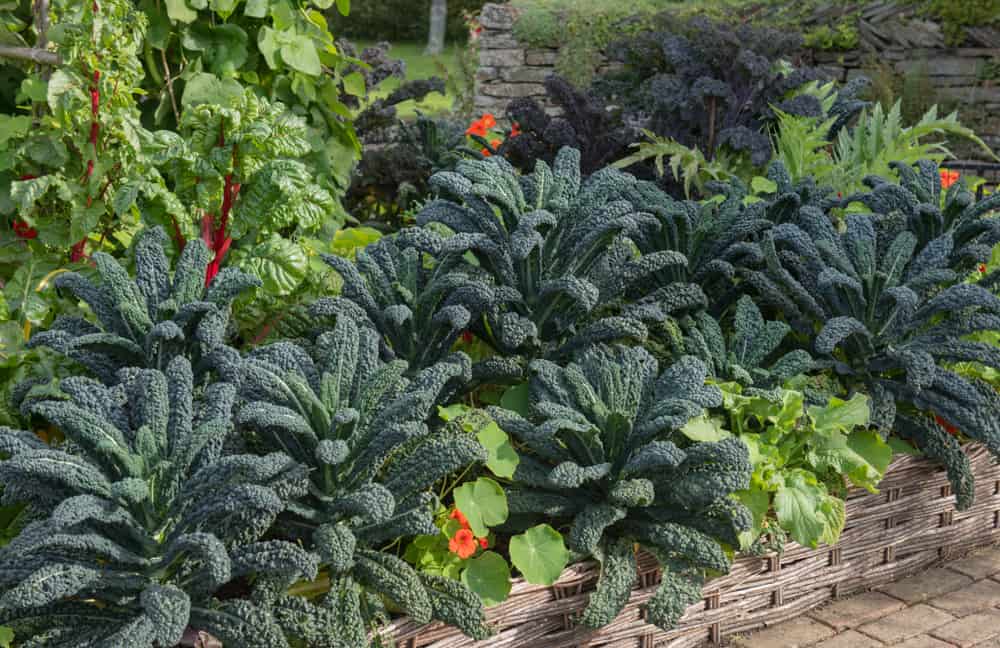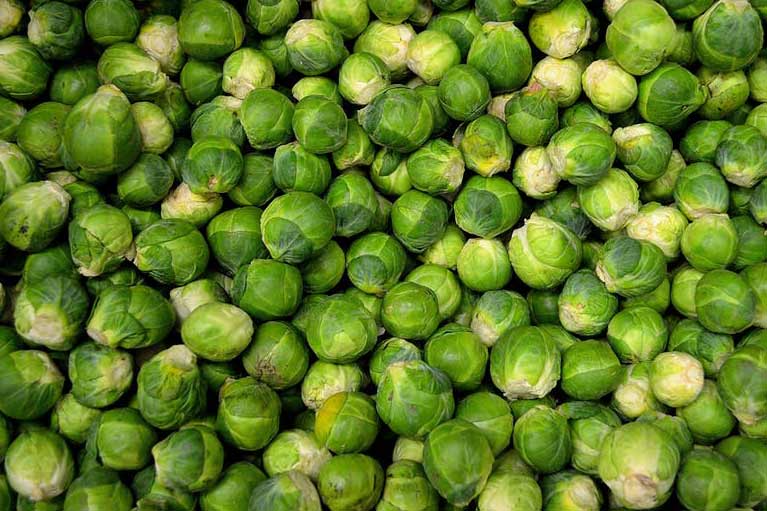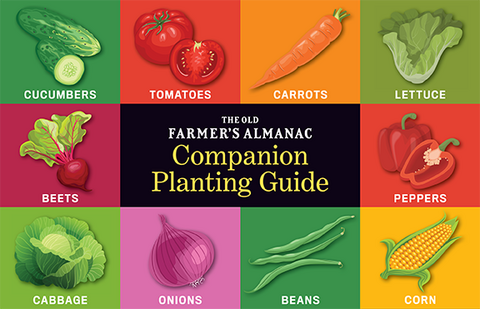The Ultimate Brussels Sprout Companion Planting Guide
The Ultimate Brussels Sprout Companion Planting Guide
Brussels sprouts are a delicious and nutritious winter vegetable that can be grown in many different climates. They are a member of the Brassica family, which also includes broccoli, cabbage, and cauliflower.
One of the best ways to ensure a successful Brussels sprout harvest is to plant them with companion plants. Companion planting is the practice of planting certain types of plants together to benefit each other. There are many different companion plants that can be grown with Brussels sprouts, but some of the best include:
- Beets: Beets are a great companion plant for Brussels sprouts because they help to improve the soil quality. They also add magnesium back to the soil, which is essential for the growth of Brussels sprouts.

- Carrots: Carrots and Brussels sprouts are both root vegetables, so they don't compete for space or sunlight. Carrots also help to repel pests, such as carrot flies, which can be a problem for Brussels sprouts.

- Chamomile: Chamomile is a flowering herb that has many beneficial properties. It helps to repel pests, such as cabbage moths, and it also improves the flavor of Brussels sprouts.

- Garlic: Garlic is a strong-scented herb that helps to repel pests, such as aphids and cabbage worms. It also helps to improve the flavor of Brussels sprouts.

- Onions: Onions are another strong-scented herb that helps to repel pests. They also help to improve the flavor of Brussels sprouts.

- Peas: Peas are a nitrogen-fixing plant, which means that they add nitrogen to the soil. This is beneficial for Brussels sprouts, as they require a lot of nitrogen to grow. Peas also help to suppress weeds.

In addition to these plants, there are a few other companion plants that can be grown with Brussels sprouts. These include:
- Basil: Basil helps to repel pests and improve the flavor of Brussels sprouts.

- Celery: Celery helps to improve the flavor of Brussels sprouts and also helps to repel pests.

- Dill: Dill helps to attract pollinators, which can help to improve the yield of Brussels sprouts.

- Marigolds: Marigolds are a flowering herb that helps to repel pests. They also help to improve the flavor of Brussels sprouts.

- Rosemary: Rosemary helps to repel pests and improve the flavor of Brussels sprouts.

There are also a few plants that should not be planted near Brussels sprouts. These include:
- Cabbage: Cabbage is a close relative of Brussels sprouts, so they are susceptible to the same pests and diseases. Planting them together can increase the risk of problems.

- Kale: Kale is another close relative of Brussels sprouts, so it should not be planted near them.

- Kohlrabi: Kohlrabi is a close relative of Brussels sprouts, so it should not be planted near them.

- Rapeseed: Rapeseed is a member of the Brassica family, so it can compete with Brussels sprouts for nutrients and sunlight.

By planting Brussels sprouts with the right companion plants, you can help to ensure a successful harvest. These plants will help to improve the soil quality, repel pests, and improve the flavor of your Brussels sprouts.
Brussels sprouts are a delicious and nutritious winter vegetable, but they can be susceptible to pests and diseases. One way to help protect your brussels sprouts is to plant them with companion plants. Companion planting is the practice of planting different types of plants together that benefit each other.
There are many different companion plants that can be grown with brussels sprouts. Some of the best include:
- Alliums: Alliums, such as onions, garlic, and chives, help to repel pests and diseases.
- Carrots: Carrots help to improve the soil structure and drainage, which can benefit brussels sprouts.
- Herbs: Herbs, such as mint, thyme, and rosemary, can help to deter pests and attract beneficial insects.
- Legumes: Legumes, such as beans and peas, help to fix nitrogen in the soil, which can benefit brussels sprouts.
If you're looking for more information about brussels sprout companion planting, I recommend visiting Garden Wiki. This website has a comprehensive companion planting chart that lists all of the best plants to grow with brussels sprouts.
FAQ of brussel sprout companion planting chart
Q1: What are the benefits of companion planting with Brussels sprouts?
A: Companion planting is the practice of planting certain types of plants together to benefit each other. When it comes to Brussels sprouts, there are a number of benefits to companion planting. For example, some companion plants can help to repel pests, improve soil quality, or even improve the flavor of Brussels sprouts.
Q2: What are some good companion plants for Brussels sprouts?
A: Some good companion plants for Brussels sprouts include:
- Carrots: Carrots help to loosen the soil, which can help Brussels sprouts to grow better.
- Chamomile: Chamomile helps to improve the flavor of Brussels sprouts.
- Garlic: Garlic helps to repel pests, such as cabbage moths.
- Marigolds: Marigolds help to repel pests, such as aphids and whiteflies.
- Onions: Onions help to repel pests, such as carrot rust flies.
- Peas: Peas help to fix nitrogen in the soil, which can benefit Brussels sprouts.
- Rosemary: Rosemary helps to repel pests, such as cabbage moths.
- Sage: Sage helps to repel pests, such as cabbage moths.
Q3: What plants should I avoid planting near Brussels sprouts?
A: There are a few plants that you should avoid planting near Brussels sprouts. These include:
- Cabbage: Cabbage is a member of the same family as Brussels sprouts, so it is susceptible to the same pests and diseases. Planting cabbage near Brussels sprouts can increase the risk of both plants being affected.
- Kale: Kale is another member of the same family as Brussels sprouts, so it should be avoided for the same reasons as cabbage.
- Kohlrabi: Kohlrabi is another member of the same family as Brussels sprouts, so it should be avoided for the same reasons as cabbage.
Q4: How far apart should I plant Brussels sprouts and their companion plants?
A: The spacing requirements for Brussels sprouts and their companion plants will vary depending on the specific plants involved. However, as a general rule of thumb, you should space Brussels sprouts about 18-24 inches apart and their companion plants about 12-18 inches apart.
Q5: What are some tips for companion planting with Brussels sprouts?
A: Here are a few tips for companion planting with Brussels sprouts:
- Do your research: Before you start planting, do some research to learn about the specific companion plants that are best for Brussels sprouts.
- Consider the size of the plants: When choosing companion plants, be sure to consider the size of the plants. For example, you wouldn't want to plant a large plant like corn next to a small plant like Brussels sprouts.
- Pay attention to the sun and shade requirements: Brussels sprouts need full sun, so be sure to choose companion plants that also need full sun.
- Rotate your crops: Rotating your crops will help to prevent pests and diseases.
Image of brussel sprout companion planting chart
- Image 1: This is a simple chart that shows the best companion plants for Brussels sprouts, as well as the ones to avoid. The good companions include carrots, chamomile, celery, garlic, mint, marigolds, onions, peas, rosemary, and sage. The bad companions include kohlrabi, potatoes, peppers, strawberries, tomatoes, and eggplant.

- Image 2: This is a more detailed chart that shows the benefits of each companion plant for Brussels sprouts. For example, carrots help to improve the flavor of Brussels sprouts, while chamomile helps to repel pests.

- Image 3: This is a chart that shows the different ways that companion plants can benefit Brussels sprouts. For example, some companion plants can help to deter pests, while others can help to improve the soil quality.

- Image 4: This is a chart that shows the different stages of growth for Brussels sprouts, and which companion plants are best for each stage. For example, carrots are a good companion plant for Brussels sprouts in the early stages of growth, while marigolds are a good companion plant for Brussels sprouts in the later stages of growth.

- Image 5: This is a chart that shows the different types of companion planting that can be used with Brussels sprouts. For example, you can use companion planting to attract beneficial insects, to deter pests, or to improve the soil quality.

Post a Comment for "The Ultimate Brussels Sprout Companion Planting Guide"